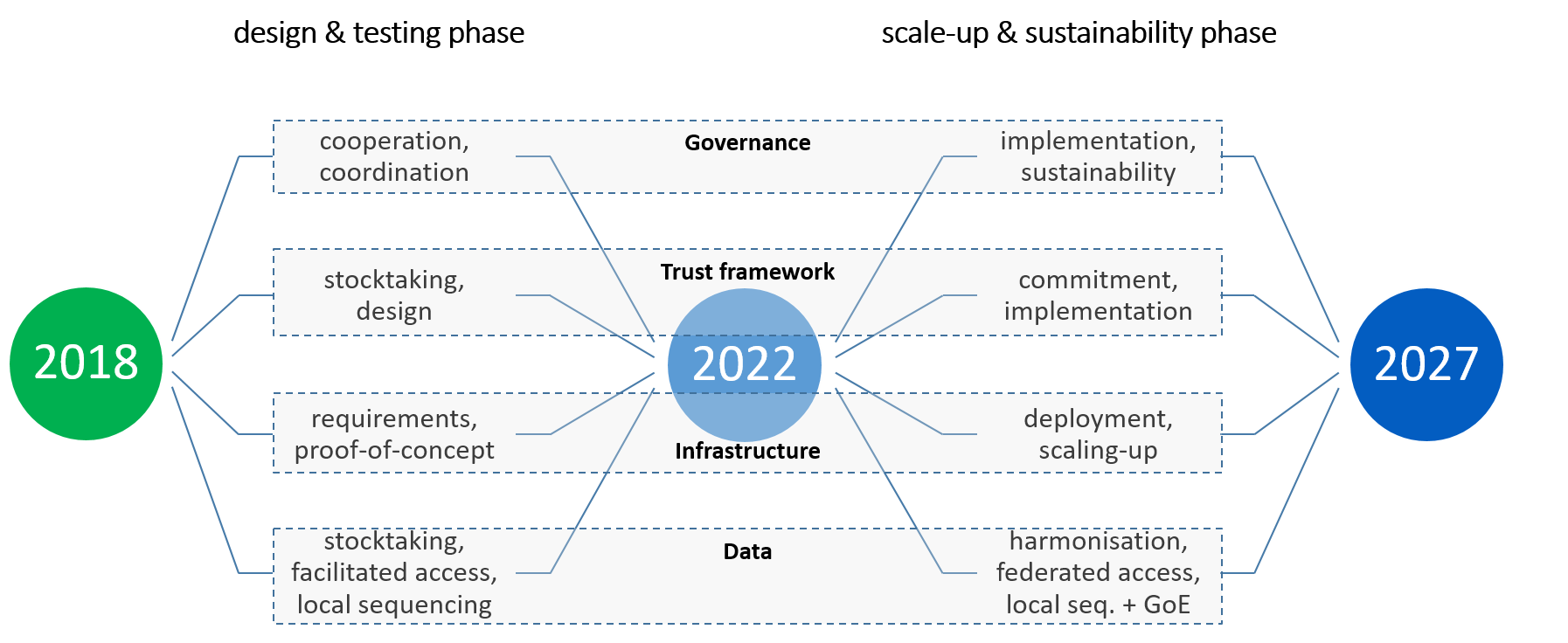The world is facing one of the biggest challenges it has experienced in a long time and people are surfing the internet in search of accurate reports and information to understand the effect of this global crisis on their health and lifestyle.
With so much misinformation circulating online, it is crucial to put an end to the resulting confusion by providing accurate, reliable, and credible sources to keep up with the latest news and obtain some advice. During the COVID-19 crisis, fake news led to several deaths and repercussions on health systems that are overburdened by immense pressure due to the increasing number of patients.
A weekly survey conducted on 2,000 UK citizens revealed that half of the adults came across fake or misleading information online about COVID-19. This proves the importance of reliable news sources amidst this global health crisis. Drinking more water can flush down the infection, gargling with salt water can alleviate the virus, and avoiding cold food and drink - are pieces of misinformation circulated online on platforms like Facebook and WhatsApp, as mentioned in the survey
Despite the wide circulation of fake news, the survey concluded that most UK citizens (55%) are ignoring false claims and trust official news sources and famous media channels, such as BBC, government news sources, and official entities like the World Health Organization. This Unit seeks to combat dangerous information online and across all social media platforms, in cooperation with social media companies.
The Rapid Response Unit detects up to 70 articles per week containing false information, in cooperation with all public departments. Its latest efforts include cooperating with the communication sector to ban short messages with false information or malicious content about Internet providers while warning citizens about these deceptive practices. The new Unit has cooperated with the Department of Health and Social Care to create and share posts on Facebook and Twitter refuting false medical advice and informing citizens of the official news channels and sources.
To help the public spot false or misleading information and ponder carefully what they share online, the government is running the SHARE checklist, known as the Don’t Feed The Beast campaign. This highlights the importance of engaging citizens in eradicating fake news and misinformation.
Resources: 1






